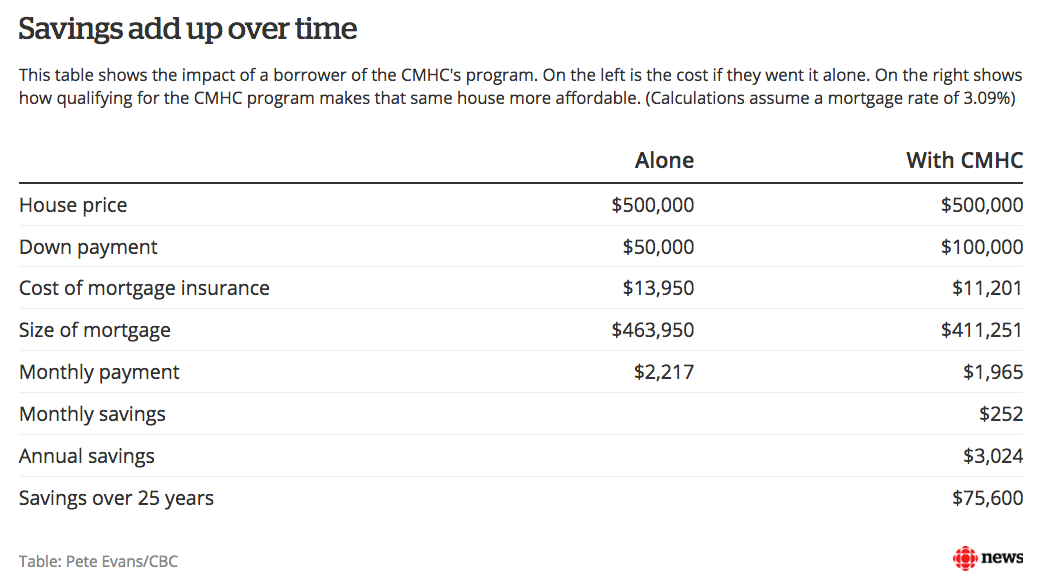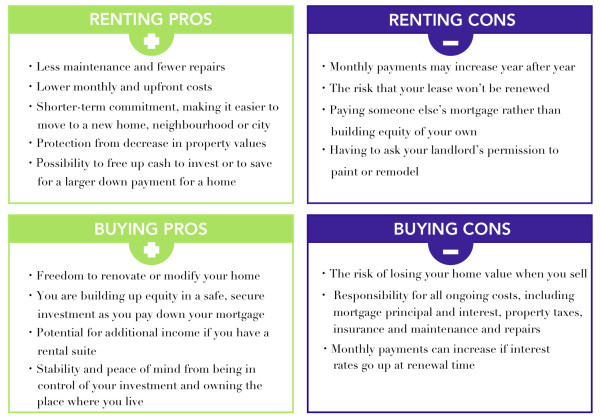
A Power of Attorney (POA)** is a legal document that allows one person (the “donor”) to appoint another person (the “attorney”) to act on their behalf in legal and financial matters. This authority can be broad or limited depending on the specific powers granted in the document.
In the context of real estate, the POA allows the attorney to manage the donor’s property transactions, including buying or selling real estate, signing documents, and managing mortgages, among other duties.
There are two primary types of Power of Attorney in BC:
1. General Power of Attorney**: This grants the attorney wide-ranging authority over the donor’s affairs, including real estate matters, financial transactions, and legal decisions.
2. Enduring Power of Attorney**: This type of POA remains in effect even if the donor becomes mentally incapacitated. It’s commonly used for long-term planning, especially for aging individuals or those facing health issues.
When to Use a Power of Attorney
The use of a POA is most common in the following scenarios:
– Physical Absence**: If you’re unable to be present in person for a real estate transaction, such as if you’re overseas or too ill to attend a signing, you can grant someone a POA to act on your behalf.
– Health or Mental Incapacity**: If you’re incapacitated due to illness or mental health issues, an Enduring Power of Attorney ensures that someone you trust can manage your real estate and financial affairs.
-Elderly or Mobility Challenges**: For seniors or individuals with mobility challenges, a POA can ensure that their real estate transactions are managed even if they can’t be present at all times.
What to Be Aware of When Using a Power of Attorney
While a Power of Attorney can be incredibly useful, there are important things to be aware of when considering or granting one:
1. Choosing the Right Attorney**: The attorney will have significant power over your affairs, so it’s crucial to choose someone trustworthy and reliable. Typically, this is a family member, close friend, or professional advisor.
2. Limitations of Power**: A POA should clearly specify what the attorney can and cannot do. In real estate transactions, you may want to limit the attorney’s authority to certain actions or specify particular properties or transactions.
3. Revocation**: You can revoke a Power of Attorney at any time as long as you are mentally capable. If you’re concerned about misuse, it’s essential to take immediate action to revoke or replace the POA.
4. Risks of Abuse**: Because an attorney has the authority to make financial decisions on your behalf, there’s always a risk of abuse or misconduct. Always ensure that your POA is drawn up carefully, preferably with legal advice, and be cautious about granting overly broad powers without proper safeguards.
5. Real Estate Specifics**: In BC, when dealing with real estate transactions, the attorney must ensure they’re following the proper procedures outlined by the Land Title Office. There may be additional paperwork to be completed and the POA must be presented when signing any documents related to the sale or purchase of property.
A Power of Attorney can be an essential tool in real estate transactions, providing flexibility for individuals who cannot be present or are incapacitated. However, it’s important to understand the scope of authority you’re granting and to carefully consider the person you appoint. Whether you’re a buyer, seller, or investor, being informed about the use of Power of Attorney in BC ensures that you’re prepared for any situation that may arise.
If you have any questions or need advice on how to set up or use a Power of Attorney in your real estate dealings, don’t hesitate to reach out to a legal professional. Proper planning today can prevent complications tomorrow.





 The Prohibition on the Purchase of Residential Property by Non-Canadians Act, also known as the “foreign buyer ban”, was first announced in April 2022 and took effect on January 1st, 2023. In effect, this legislation will restrict most foreigners from purchasing residential property in Canada for the next 2 years.
The Prohibition on the Purchase of Residential Property by Non-Canadians Act, also known as the “foreign buyer ban”, was first announced in April 2022 and took effect on January 1st, 2023. In effect, this legislation will restrict most foreigners from purchasing residential property in Canada for the next 2 years.









